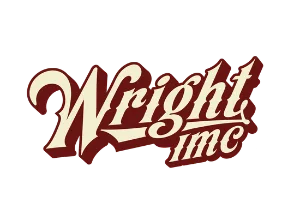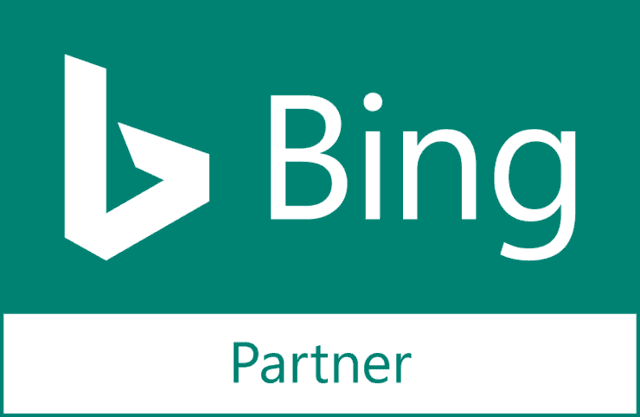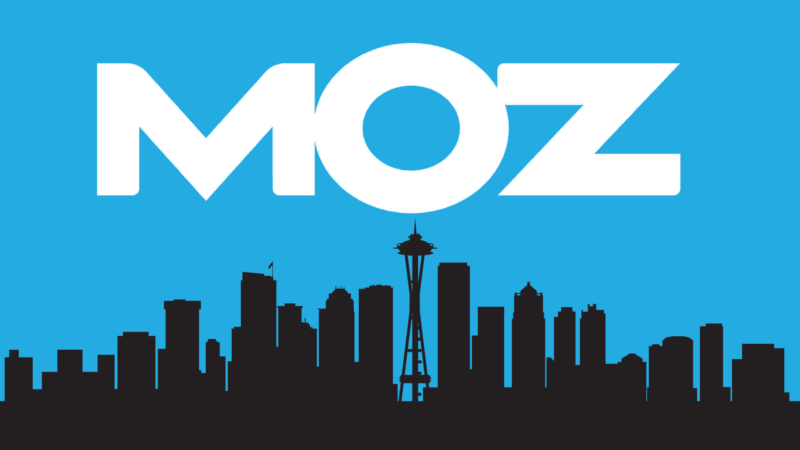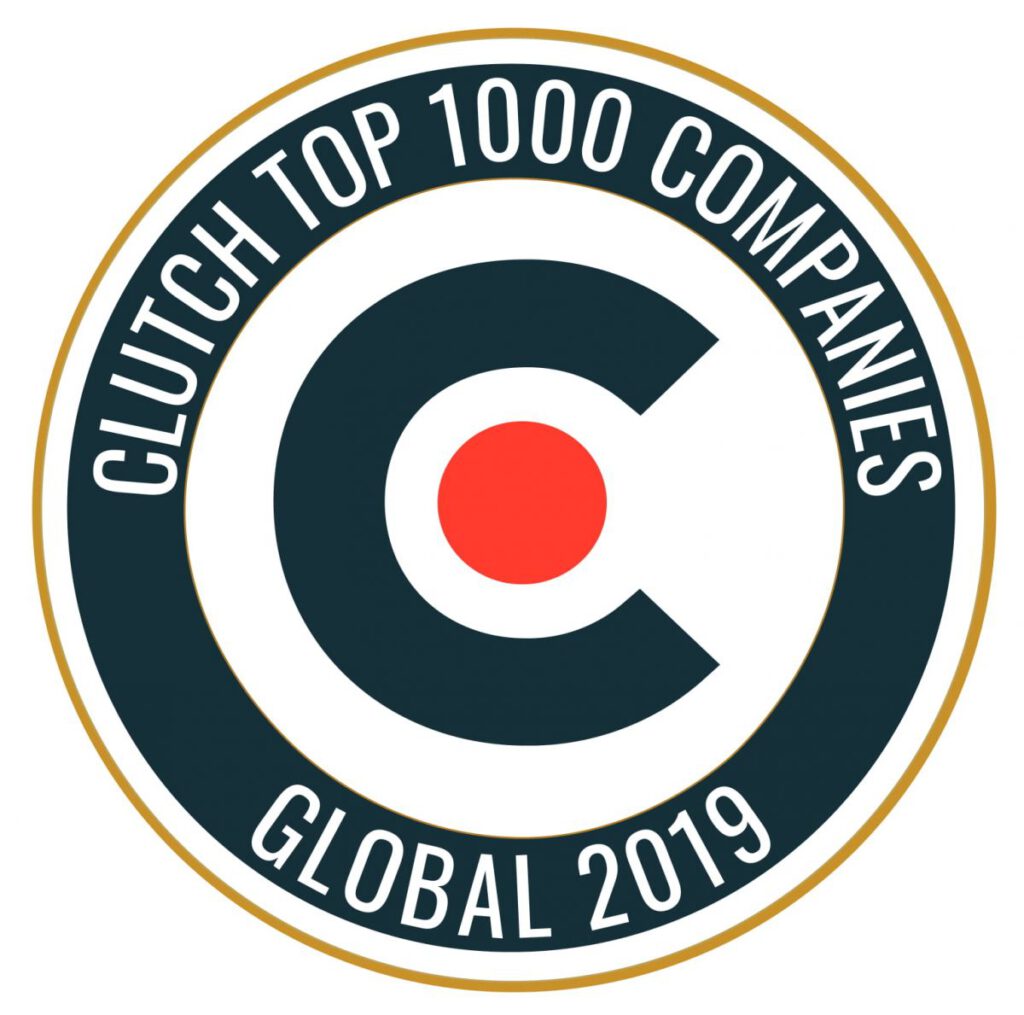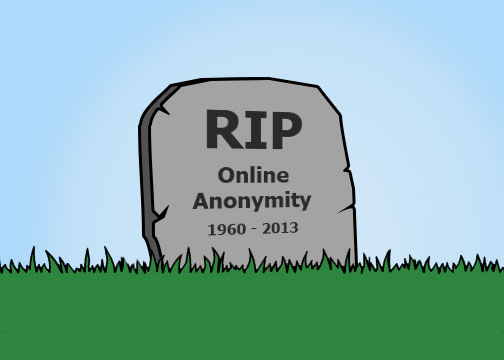
Like many grass-roots communities, these systems did not use real names, instead, they used handles to communicate. This allowed users on a BBS to be relatively unknown outside of those they had met in person. By the early 1990s, graphical websites were beginning to replace BBS systems that were largely text-based (graphics could be made with ASCII characters, a tradition that lives on today). This new anonymous Internet would bring with it the heritage of the bulletin board communities. They would use handles, computer nerd slang, build forums to communicate, build chat rooms for real-time talking, and play games.
Over the next two decades, the anonymous Internet would flourish using the same rules its founders initiated. Intelligent programmers would find ways to make websites more secure, to make commercial transactions secure, all while handles would be used to represent a person online. The Internet had become a worldwide cultural phenomenon. Twelve years after its public was given access, the Internet would see the first mainstream social network based on real names: MySpace.
While dating websites and other forms of social websites had been online for years, none of them had been able to convince the Internet population at large to use their full real names and to provide other sensitive data. In August 2003, eUniverse/Intermix media launched MySpace after copying some of the relatively unknown ‘Friendster’ website’s features. When MySpace created tools for musicians to use to digitally promote their music, tens of thousands came on-board. Bands sang the praises of the website at their concerts, in interviews, and on their own websites. The net result was a surge in teenage users and publicity.
In October 2003, a computer student at Harvard was fresh off making his own website for the campus, dubbed “FaceMash.” The website was actually a clone of “HotorNot.com” – a popular voting website where you declare if one person is attractive or not – except pictures from the Facebook of Greek fraternity and sorority houses were used. It wouldn’t be long before the young Mark Zuckerberg would take his new popularity with the Greek houses and with FaceMash and launch a social networking website for the entire campus: The Facebook.
Years passed and Facebook overtook its predecessor MySpace, reaching a billion users in the spring of 2012. The sudden ease of getting users to give away their personal information, and the value behind that, caught the eye of one of the most powerful Internet companies – Google.
In 2011, after co-founder Larry Page returned to Google as the CEO, the company took a drastic and abrupt change of course. Google would launch its own social network, Google+, after a series of previous failed attempts at introducing social mediums. However, this time things were different. Google engineers and executives were told that their bonuses were directly tied to the success of Google+. In 2010 Google engineers began deactivating their Facebook accounts in droves citing privacy concerns after Facebook announced the OpenGraph API, which allowed websites to automatically opt-in users through their Facebook login. Like Facebook, Google+ requires you to enter your personal information correctly. If you don’t and Google senses it, then they can, will, and have suspended accounts over it – blocking users from the service.
In November 2012 the race for Google to beat Facebook heated up when Google forced all Google Android users who wanted to leave a review for an app to use a Google+ account. Google said this was to ensure the accuracy of the reviews, but it can be seen as a ploy to bundle the booming Android user base into Google+. This represented the first time that Google forced users on one of its properties to join Google+. In June 2012, the search giant began asking YouTube users to use their full name and a photo on their profile, and it continually pushes that request, leading several Internet users to take to forums and social websites expressing their displeasure. It’s another move to get users used to share personal information and probably a step toward combining YouTube accounts with Google+ accounts. If not, it’s still an aggressive push away from anonymous users.
The scariest part of all of this might be that the U.S. government itself is pushing to remove anonymous Internet users under a program called the “National Strategy for Trusted Identities in Cyberspace.” The program claims that it is designed to make online purchases more secure and to provide secure online identities for both users and businesses. What’s even scarier? China, well known for its tight state control of the Internet, passed a law in December 2012 declaring that anyone using the Internet must identify themselves. This is largely seen as a move to identify dissidents who use mobile phones and micro-blogging websites as a means to spread their message against the Communist regime.
Even Kim Dotcom’s new privacy driven Mega, a file hosting service, asks for your name when you sign up. While it’s not as nearly heavy-handed as Google and Facebook, it’s a sign that privacy is fine, as long as the company knows who you are. For its part, Google is pushing hard for Google+ and its ‘authorship’ tag to lure online publishers to identify themselves on everything they write. It’s promising to rank trusted authors’ content higher and display an author’s photo alongside their content in the search engine. Eric Schmidt, the Executive Chairman of Google, was quoted from his new book by the Wall Street Journal as saying, “Within search results, information tied to verified online profiles will be ranked higher than content without such verification, which will result in most users naturally clicking on the top (verified) results. The true cost of remaining anonymous, then, might be irrelevance.”
It might be, or at least irrelevance to Google, Facebook, and the United States Government. The future of the Internet looks to be controlled partially by governments demanding all users be identifiable in some way and with advertising-supported businesses allowing advertisers to target users at more personal levels. Like it or hate it, the anonymous Internet is dead. And, because it gave birth to one of the biggest technological achievements in human history, it will be dearly missed. This is its eulogy.
Websites, where anonymous internet is supported and/or personal information, is not heavily encouraged:
Video:
Search
Group Video Chat:
Social Media:
